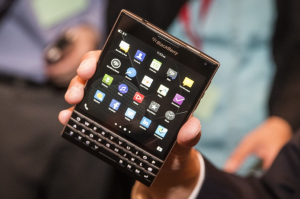This article is about three parties with the interaction of hydroelectric trying to build a dam but locals are arguing that building it would flood the land. The government is still pending on making decisions.
The external factor for the company is that the local people are concerned with the flooding of the environment. BC Hydro’s argument is that they will create more jobs for the environment. But the group is also concerned that they want a smaller scale of activities for sustainable jobs. This issue could strongly effect the company if they don’t make any changes. Even if the government do approve to proceed the procedure, the group may go on protests, and the company will result in having a bad corporate social image. On the social aspects, by having more protestors, the firm will gain more brand awareness, but will have negative impacts on the company and become a threat. CSR (corporate social responsibility) is a very important aspect in the company, if external stakeholders think the company is being considerate of the environment, they would trust the brand more than other firms that focuses on profit only.
Therefore, in my opinion, BC hydro should consider the CSR and have an alternative solution that would make the local satisfied with their choices, or else it may cause more troubles.
Sources:


